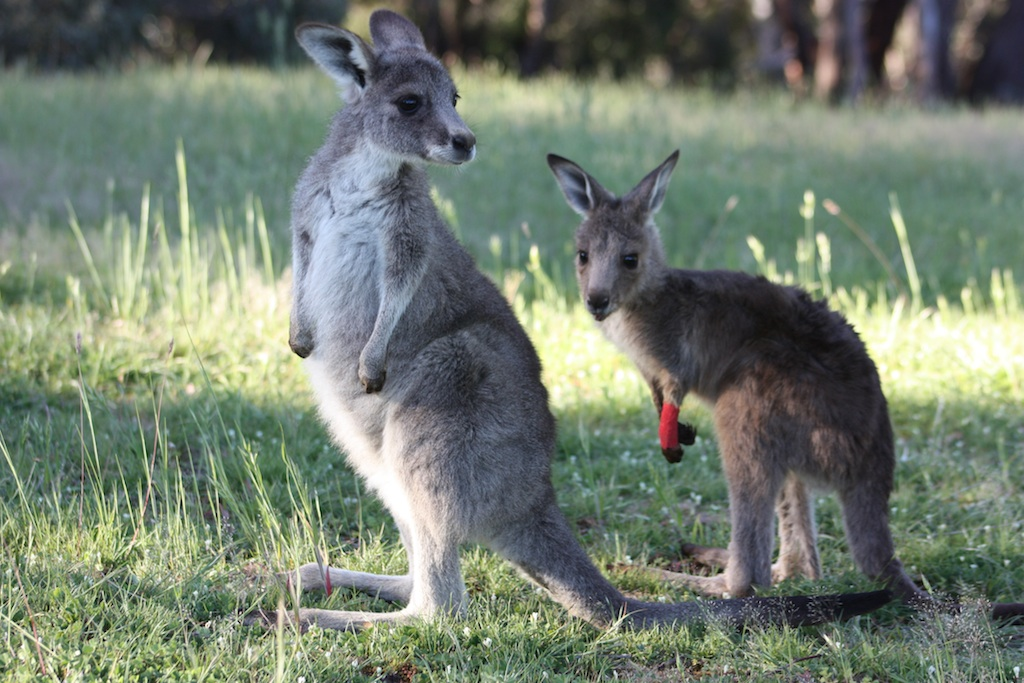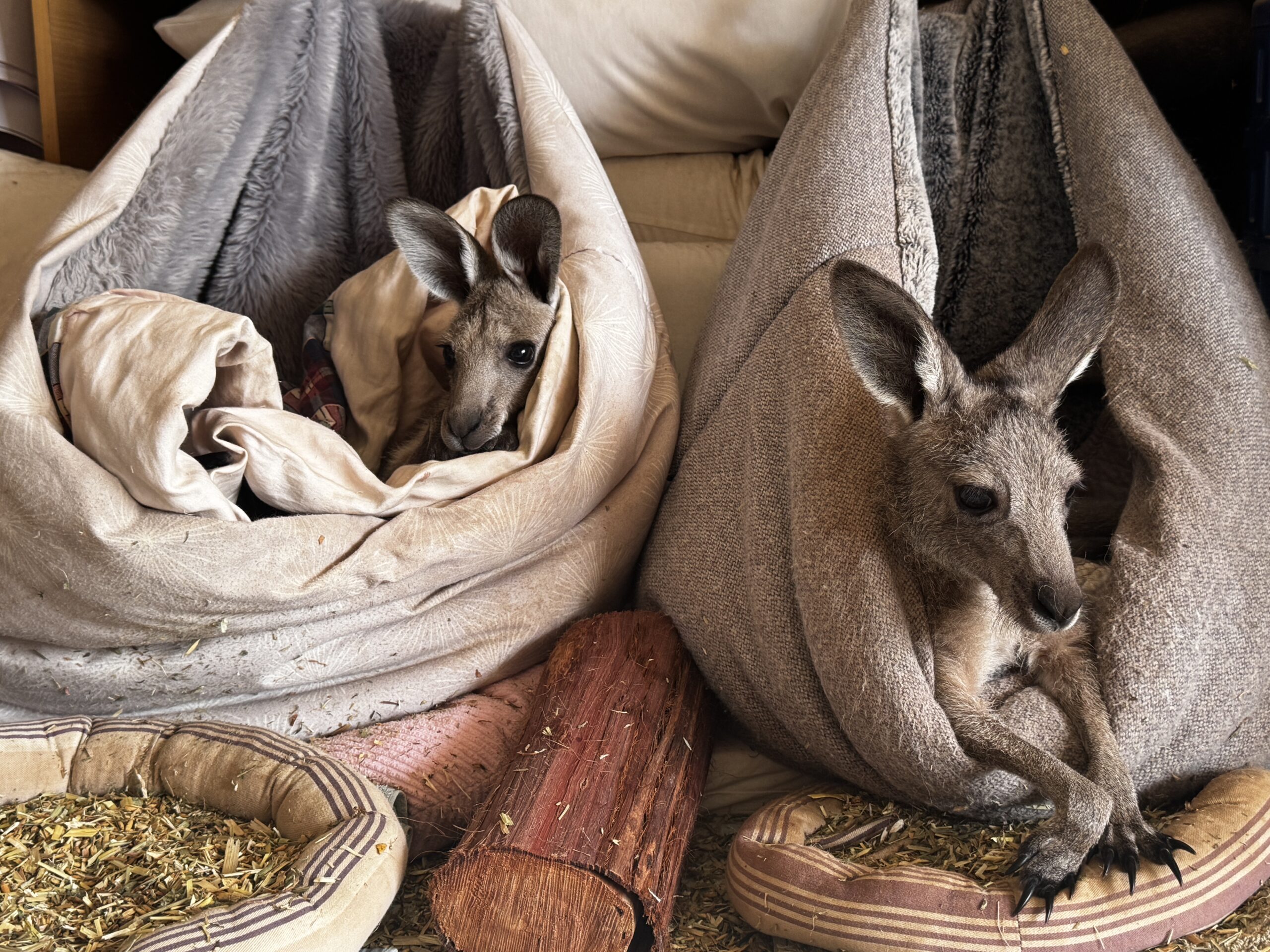Data on NSW licencing reveal the extent of Government-sanctioned destruction of native animals in the state | Conservation groups and wildlife carers to provide evidence of the extent of cruelty at inquiry into licensed killing SYDNEY (5 February, 2026)—Humane World for Animals Australia (previously Humane Society International Australia) will...
Photo Credit: Chris Searle-large
Today is World Zebra Day, an important day to raise awareness of this intelligent, striped African wild animal. We’re taking this opportunity to look at Australia’s ongoing role in trophy hunting for zebra and other threatened species.
Did you know Australia still imports hunting trophies from wildlife including the zebra? And more importantly, did you know that this year marks an opportunity to end trophy hunting imports in Australia once and for all, through changes to our national environmental laws.
To get you up to speed on what we can do here in Australia to save these animals, we thought we’d take a look at five things you probably didn’t know about trophy hunting.
1) Zebras are one of Australia’s most imported trophies
Trophy hunting involves the killing of wildlife purely for the purpose of displaying parts of the animal – often the head or skin. Trophy hunting is inappropriate from a conservation, ethical and welfare perspective.
HSI Australia’s 2022 report on trophy hunting showed that Australia ranked 10th in the world for importing hunting trophies from mammals. One of these mammals is the Hartmann’s Mountain Zebra, which is classified as vulnerable to extinction. Hunted zebra are imported mostly in the form of ‘skins’ or ‘trophies’.
2) Each year more than 200,000 threatened animals are killed for trophies
Trophy hunters prefer to kill the largest, strongest animals, which can lead to decreases in population size, health and resilience. This in turn reduces long-term population viability and species survival – another impact putting already threatened species at further risk.
3) Trophy hunting contributes little to local economies and does not contribute to conservation
A common cry of hunters is that trophy hunting actually helps conservation. But the evidence tells us that trophy hunting harms animal populations and provides little to no benefit to the communities trying to protect their local wildlife. In fact, in eight key African countries, trophy hunters account for less than 0.1% of tourists and contribute, at most, 0.03% of gross domestic product (GDP).i Little of that money reaches local communities. In contrast, ethical wildlife tourism is a significant contributor to the wellbeing of many African communities who prioritise co-existence with wildlife, including zebras. You can hear more about what African communities think about trophy hunting by watching the below video:
4) An increasing number of airlines and freight companies are banning the carriage of hunting trophies
HSI is fighting to end trophy hunting around the world, for good. Airlines, freight carriers, and other businesses in the transport sector are in a unique position to protect wild animals from being exploited. Being able to transport a hunting trophy home is a big motivation for hunters. Hunting trophy transport bans are aimed at reducing the number of trophies being transported, thereby reducing the number of animals being killed.
Showing your support for companies that currently have a hunting trophy transport ban when you travel is one way to support an end to trophy hunting. Find out more.
5) Our national environmental laws control what hunting trophies can be brought into Australia
We often hear about our national environmental laws in the context of regulating new developments, but they actually they have a much broader remit – including permitting the import of hunting trophies. These laws already prevent the import of hunting trophies from African lions, southern white rhinoceros and African elephants, but many species, including zebra, giraffe and bears, can still be imported.
The Australian Government has committed to introduce new national laws to Parliament as early as possible in 2024, making this year the year we can achieve new national environment laws that end the import of hunting trophies from protected species.
So join us this World Zebra Day to support an end to the import of hunting trophies into Australia. Sign our petition calling on the federal Environment Minister, Tanya Plibersek to use this year’s national environmental law reform to end the import of hunting trophies and help save critical wildlife, like the zebra!


